Hair transplantation in just 2 days in Cancun, first results visible in 2 weeks. Accommodation and transport included.
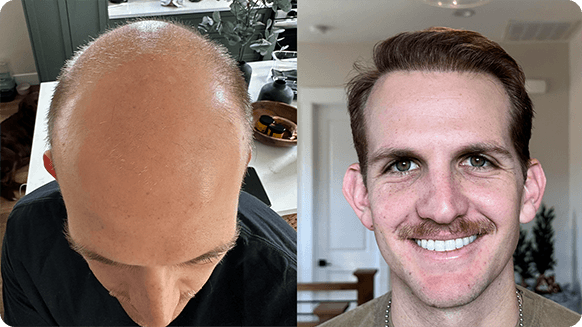
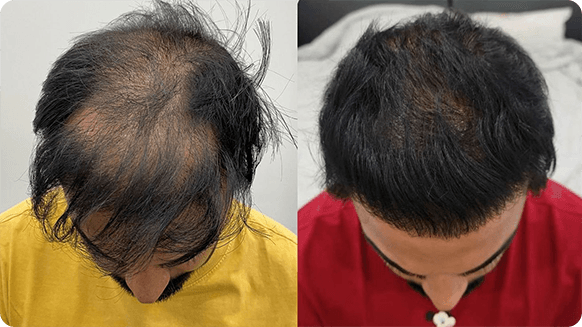
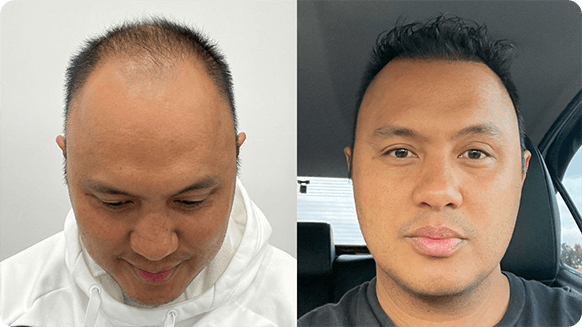
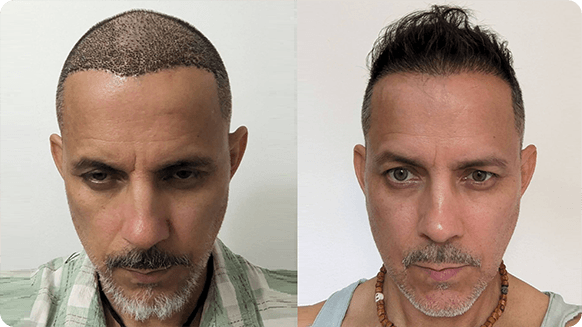
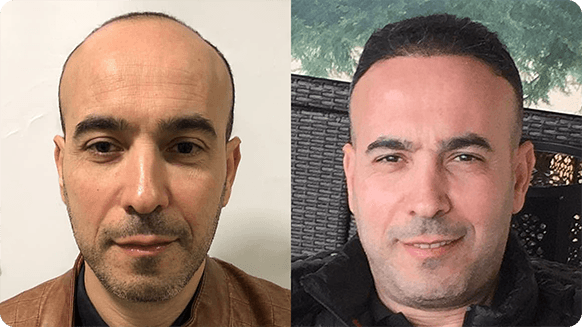

Hair Transplant Costs and Packages in Mexico (2025)
Hair transplants in Mexico have become a popular option in 2025 due to their affordability, modern technology, and internationally trained surgeons. This guide will help you understand the costs, available packages, methods used, and what to expect before and after the procedure.
Table of Contents
1. Why Consider Mexico for Hair Transplantation?
2. Mexico vs Other Countries: Prices in 2025
3. What Does a Hair Transplant Cost in Cancún?
4. Hair Transplant Industry Statistics (ISHRS 2022 Report)
5. Techniques Used in Mexico
6. Recovery and Results
7. How to Choose a Hair Transplant Clinic
8. Questions to Ask During a Consultation:
9. Types of Hair Transplant Packages in Mexico
10. Potential Risks and Complications
11. Final Thoughts: Is a Hair Transplant in Mexico Worth It in 2025?
12. FAQ
- May 1, 2025
-
Warning: Undefined array key "tags" in /home/u497323926/domains/hairtransplantbyturkish.com/public_html/wp-content/plugins/elementor/core/page-assets/data-managers/font-icon-svg/font-awesome.php on line 45
Warning: Trying to access array offset on value of type null in /home/u497323926/domains/hairtransplantbyturkish.com/public_html/wp-content/plugins/elementor/core/page-assets/data-managers/font-icon-svg/font-awesome.php on line 48
Warning: Trying to access array offset on value of type null in /home/u497323926/domains/hairtransplantbyturkish.com/public_html/wp-content/plugins/elementor/core/page-assets/data-managers/font-icon-svg/font-awesome.php on line 49
Warning: Trying to access array offset on value of type null in /home/u497323926/domains/hairtransplantbyturkish.com/public_html/wp-content/plugins/elementor/core/page-assets/data-managers/font-icon-svg/font-awesome.php on line 50
Author: Enes Öztürk
Why Consider Mexico for Hair Transplantation?
Mexico continues to strengthen its reputation as one of the top destinations in the world for hair transplants. This is due to a combination of factors: high-quality medical care, affordable prices, the use of cutting-edge technology, and proximity to the U.S. and Canada. Hair restoration specialists in Mexico often receive international training, hold global certifications, and work in clinics equipped with the latest medical technologies.
According to the International Society of Hair Restoration Surgery (ISHRS), over 700,000 hair restoration surgeries are performed globally each year, and Mexico ranks among the most popular destinations for medical tourists seeking this procedure.
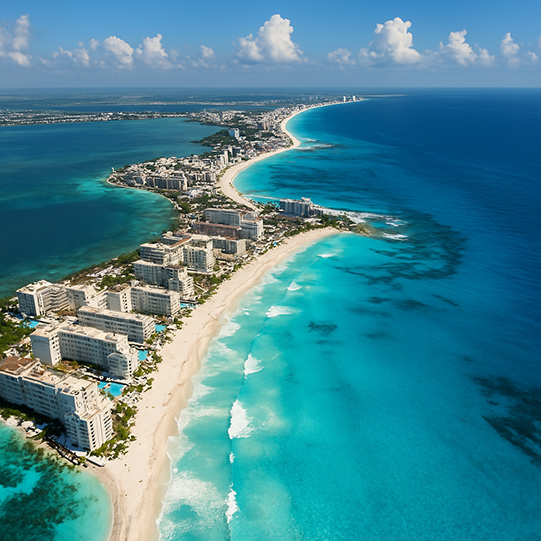
Mexico vs Other Countries: Prices in 2025
Where to Get a Better Hair Transplant?
Although Turkey may offer slightly lower prices, Mexico has a strong advantage in terms of proximity to the U.S. and Canada, better cultural and language compatibility, and more personalized care. In many Turkish clinics, procedures may be performed by technicians rather than doctors — something that is less common in reputable Mexican clinics. Additionally, Mexico generally offers better post-op follow-up and easier legal accountability in case of complications.
What Does a Hair Transplant Cost in Cancún?
The average cost of a hair transplant in Mexico ranges from $2,500 to $4,500 USD per procedure, depending on the number of grafts, technique used, and clinic tier. Based on 2025 market research, the average cost for 2,500 grafts in Mexico is $3,200 USD, or about $1.28 per graft, making it one of the most cost-effective destinations worldwide.
In Cancún specifically, prices generally align with the national average. For 2,500 grafts, most patients can expect to pay between $3,000 and $5,500 USD, depending on the clinic and package chosen. Luxury clinics, such as ours, located in resort zones may charge more if they include premium accommodation, bilingual concierge service, or exclusive post-op care.
Hair Transplant Industry Statistics (ISHRS 2022 Report)
According to the ISHRS Practice Census Report 2022, 75.4% of all surgical hair restoration procedures in 2022 were performed using the FUE (Follicular Unit Excision) method, while the FUT (strip harvesting) technique accounted for 21.3%. Source: ISHRS-Practice-Census-Report-2022,p.10.dpf
According to the ISHRS Practice Census Report 2022, 75.4% of all surgical hair restoration procedures in 2022 were performed using the FUE (Follicular Unit Excision) method, while the FUT (strip harvesting) technique accounted for only 21.3%.
The global average cost of a surgical hair restoration procedure in 2022 was $5,972 USD, while non-surgical treatments like PRP or medication averaged $1,624 USD. A typical patient undergoes 1.4 procedures to achieve their desired outcome, indicating that many return for follow-ups or density enhancements.
The most common reason for seeking hair restoration remains androgenetic alopecia, reported in 87.3% of male and 53.2% of female patients. Importantly, the largest regional growth in procedures was seen in Central and South America, where demand increased by 55% compared to the previous year — highlighting Latin America (including Mexico) as a rising hub for affordable and high-quality hair restoration.
Techniques Used in Mexico
Most common techniques include:
FUE (Follicular Unit Extraction):
Minimal scarring and faster recovery
Performed manually or with robotic systems like ARTAS
FUT (Follicular Unit Transplantation):
More affordable
Suitable for patients needing a large number of grafts
Involves removal of a strip of scalp, which leaves a linear scar at the back of the head
DHI (Direct Hair Implantation):
Uses a specialized implanter pen
More expensive but allows for precise graft placement
According to ISHRS, about 67% of all procedures in 2025 are performed using the FUE method.
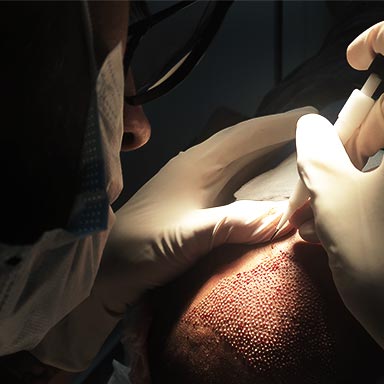
Recovery and Results
Initial recovery time: 7 to 14 days
New hair growth starts in 3–4 months
Full results are visible within 9–12 months
Patients are advised to follow their surgeon’s recommendations, which may include medications like minoxidil or finasteride
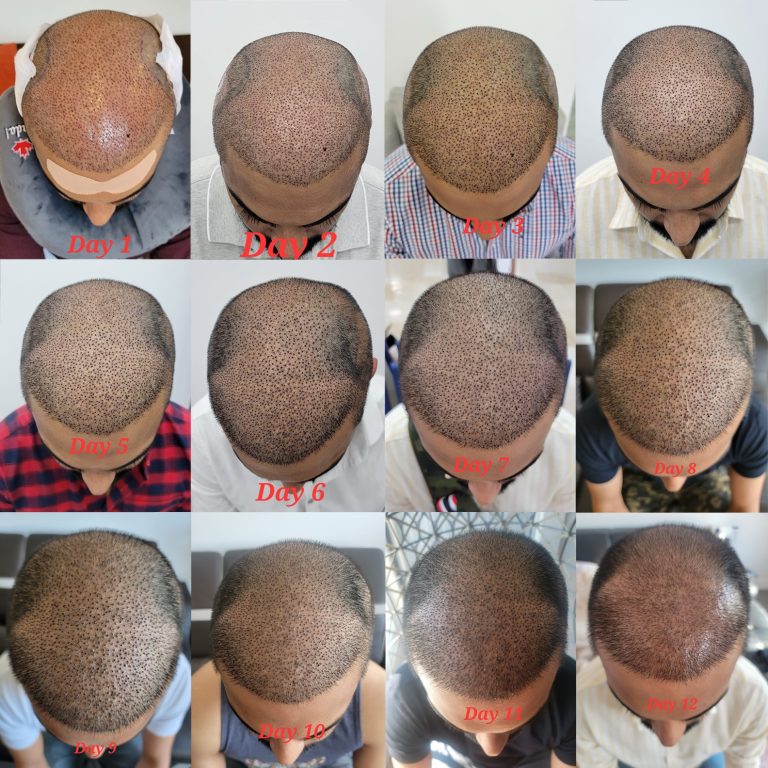
How to Choose a Hair Transplant Clinic
Research the clinic’s background and surgeon’s credentials: How many years of experience do they have? How many procedures have they performed?
Review before-and-after photos from actual patients. Make sure the photos are consistent and not stock images.
Read reviews on independent platforms like Google Maps or Trustpilot. Pay attention to patterns in feedback.
Check whether post-operative care is included, and how the clinic supports patients after returning home.
Ensure the clinic provides a clear treatment plan and written agreement before your procedure.
Questions to Ask During a Consultation:
Are you a licensed physician, and what is your specialization?
How many hair transplants have you personally performed?
Which technique do you recommend for me and why?
Will you personally perform the procedure?
What is your clinic’s graft survival rate?
What happens if I’m not satisfied with the results?
Types of Hair Transplant Packages in Mexico
Basic Package:
- Doctor consultation
- FUE, or FUT procedure
- Post-operative medication
- Price: from $2,500 USD
Standard Package:
- Everything in the Basic Package
- Airport transfer
- 2–3 nights in a hotel
- Translator
- Price: from $3,200 USD
Premium Package:
- Everything in the Standard Package
- Comprehensive diagnostics
- 4–5 star hotel accommodation
- Personalized care during the first 3 days post-op
- PRP (1 session)
- Price: from $4,000 USD
Potential Risks and Complications
Like any surgical procedure, hair transplants carry some risks. These may include:
Infection or inflammation of the scalp
Unnatural or uneven hair growth
Scarring, especially with FUT
Shock loss (temporary hair shedding)
Poor graft survival rate if performed improperly
To minimize risks, choose a board-certified, experienced surgeon and follow all pre- and post-op care instructions carefully. Always ensure the clinic complies with hygiene and safety protocols.
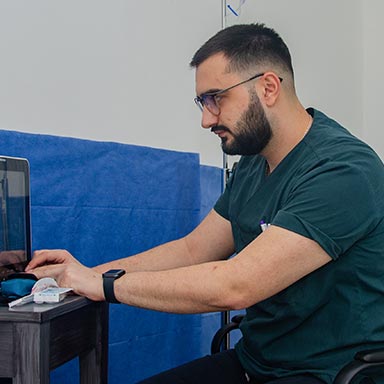
Final Thoughts: Is a Hair Transplant in Mexico Worth It in 2025?
Absolutely. With a combination of low costs, high-quality medical standards, advanced technologies, and skilled surgeons, Mexico is an excellent choice for most hair transplant patients. Compared to Turkey, Mexico offers smoother communication, more personalized care, and a higher likelihood that procedures are performed by licensed physicians rather than technicians.
Mexico is not a compromise between cost and quality — it’s a balanced solution that delivers safe, natural-looking results at a fraction of the price in North America.
F.A.Q.
Prices typically range from $2,500 to $5,500 USD depending on the clinic, number of grafts, and chosen package. Luxury clinics may charge more if they include hotel, transportation, and VIP care.
Basic packages usually include consultation, procedure, and medications. Standard or premium packages often add airport transfers, accommodation, bilingual support, and follow-up care.
Yes, if you choose a licensed and experienced clinic. Reputable facilities in Cancún a world-famous tourist city – use modern equipment and follow international medical protocols to ensure patient safety and comfort.
FUE is less invasive and more popular (used in 75.4% of procedures according to ISHRS 2022). When combined with DHI, FUE offers an excellent balance of speed and precision, resulting in faster recovery and natural-looking density. FUT may still be used for large sessions but is less common today due to its invasiveness and linear scarring.
While some clinics offer in-house payment options, most international patients especially from the U.S. or Canada use financing programs available in their home countries. It’s advisable to explore medical credit options like CareCredit or personal loans before traveling.
Most patients stay 2 nights and 3 days. This allows sufficient time for a consultation, the hair transplant procedure itself, and short-term follow-up care before flying home.
Most patients experience swelling for the first 5 days. You can typically return to work after 10 days, once the initial healing and visible signs of surgery have subsided.
Hair transplants are considered cosmetic procedures and are not typically covered by insurance, whether done domestically or abroad.